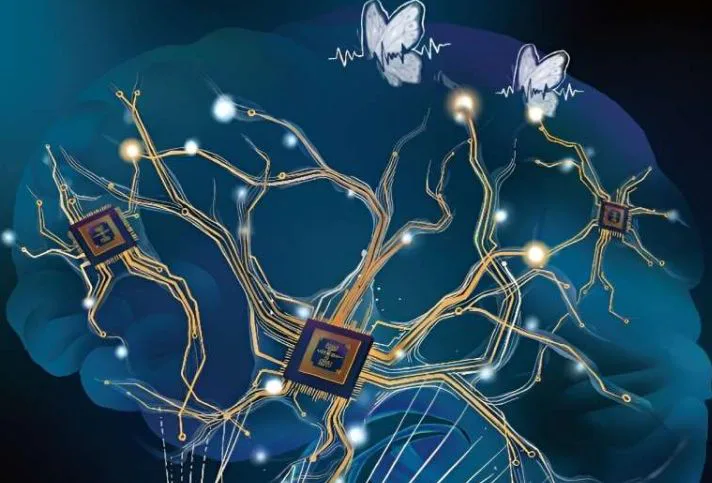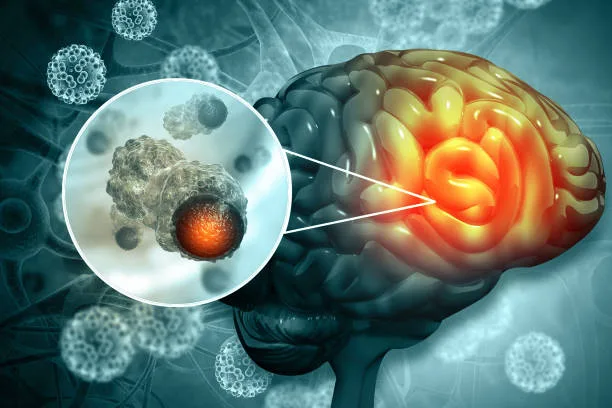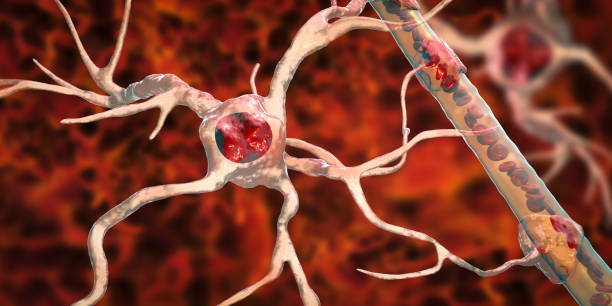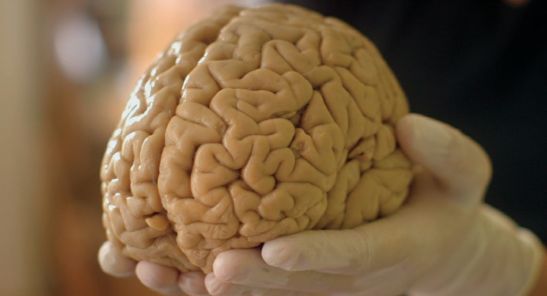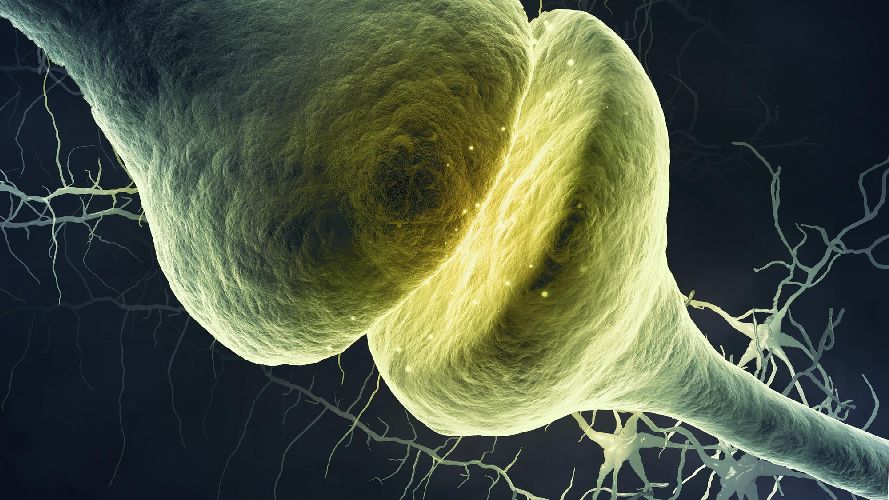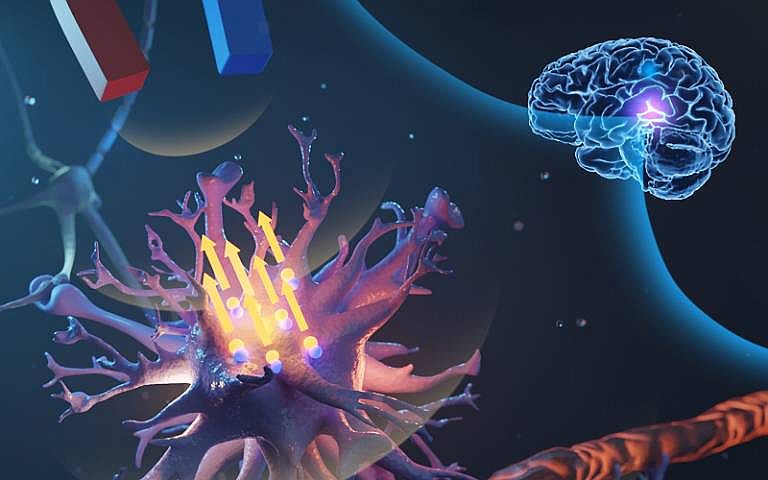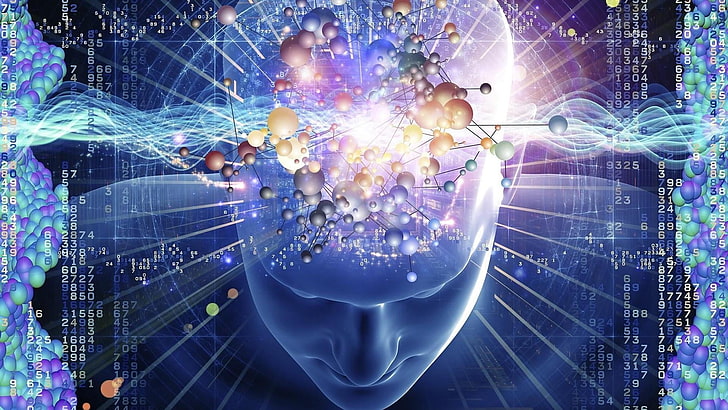If you’ve ever wondered why time flies during vacations but crawls during awkward silences or like me if you often engage in thought experiments related to time, then you’ll surely like Dean Buonomano’s Your Brain Is a Time Machine, first published in 2017.
Search Results for: brain
How Your Brain Filters Information: The Science of Excitation and Inhibition
Neurons in our brain are constantly taking in and distributing information, be it sound, sight or touch, everything is getting processed in the real time. But how exactly does this work? Recent research sheds light on how groups of neurons work together to encode and process information. The study has surfaced some interesting insights about the balance between excitation and inhibition in the brain.
Brain-like Artificial System: Dendristor to Mimic Brain’s Dendritic Computations
As artificial intelligence (AI) technology is expanding its tentacles rapidly across globe, engineers around the world are designing new types of computer architectures and hardware. One interesting aspect of most brain-inspired technologies developed so far is that researchers focus on mimicking how neurons fire (i.e., send electrical signals) rather than replicating the entire structure of the brain.
Nanoparticles Break Blood-Brain Barrier for Cancer Treatment: Targeting Metabolic Adaptability
Scientists at the Sylvester Comprehensive Cancer Center, part of the University of Miami Miller School of Medicine, have crafted a tiny particle capable of crossing the blood-brain barrier. The team envision to tackle both primary breast cancer tumors and brain metastases in a single treatment. Their investigations indicate that this approach can reduce the size of both breast and brain tumors in lab experiments.
Targeting Folate Receptors in Gliomas: A New Way to Detect Brain Tumors
Recent research conducted by Maxwell Miner from the University of Turku in Finland, working at the Turku PET Centre, sheds light on the potential of folate receptors as a valuable tool in the field of brain tumor imaging and treatment. Folate-based radiopharmaceuticals are a type of medical imaging agent that combines folate – a form of vitamin B9 – with a radioactive substance.
Ants can Communicate via Pheromone: A Sensory Hub in Brain
Ants are indeed fascinating creatures. Like humans, they too have developed social structures and sophisticated communication systems. They have evolved complex olfactory system. It enables them to use various types of pheromones for communication.
Artificial Skin to Mimic Sensory Feedback of Biological Skin: E-Skin talking to Brain
Researchers at Stanford University have created a special kind of electronic skin that can sense things like heat and pressure and send signals to the brain. Electronic skin has been around for a while, but in the past, the devices used to convert these sensations into signals were bulky and inflexible. However, the new electronic skin is as soft and thin as real skin.
Astrocytes are the Information Regulators: Brain Pathology
Astrocytes are the non-neuronal cells that provide support and maintenance to neurons in the brain and spinal cord. They have a star-shaped morphology, with multiple branching processes that extend out from the cell body. They form specialized junctions with blood vessels for regulating the transport of nutrients and other molecules between the brain and the bloodstream.
Neuro-Stack to records Single Neuron Activity: Brain Mechanisms of Movement
New technologies have revolutionized many fields, including medicine and neuroscience. Advances in engineering, materials science, and computer technology have enabled the development of increasingly sophisticated devices for recording and analysing biological signals, such as brain activity, with unprecedented precision and accuracy. For instance, electroencephalography (EEG) is a non-invasive technique that measures electrical activity in the brain using electrodes placed on the scalp. With the advancement in electronics and computing the EEG signals can now be recorded with greater precision and resolution.
Hydrogels Promote Neuronal Tissue Growth: Brain Healing
Degeneration of brain cells could be a natural aging process. However, destruction or deterioration of brain cells could occur due to a wide range of internal as well as external factors. In general, brain damage refers to significant, undiscriminating trauma-induced damage. Science has tremendously advanced when it comes to health care and disease control. There are new and radical developments in the field of neurology alone. One such progress is brain tissue reconstruction.
Book Review: The Brain by Dr. David Eagleman
Dr. David Eagleman is a neuroscientist at Stanford, NYT bestselling author, Writer/Host of THE BRAIN on PBS, and the list continues. After listening to his podcasts and TED talks, I decided to pick-up one book from his vault – The Brain: The Story of You. The book is an interesting read and at some points, quite an eye opener. Here, Dr. Eagleman reviews how the human brain develops and make sense of the data that it receives from sensory systems. We are built to perceive only thin slice of perception,…
Human Brain Organoids Implanted in Mice: Human-mouse Synapses
An international team of neuroscientists has demonstrated that human brain organoids when implanted in the cerebral cortex region of a mice can respond to external sensory stimuli. Brain organoid, here, refers to a three-dimensional tissue that is made from skin cells.
Multiple Modes of Dendritic Integration in Single Neurons: Brain Computation
Dendrites, branch like extensions protruding from a single neuron, participate in computations and permutations to give a synchronized output to the neuron. Researchers at MIT have now demonstrated that not only different types of dendrites (of a single neuron) collect input from various regions of the brain, they also process that information in different customized ways.
Maneuvering Brain Astrocytes via Magnetic Field: Magnetomechanical Stimulation
Researchers at University College London have discovered a new form of non-invasive therapy for neurological disorders. The technique called “magnetomechanical stimulation” (MMS) involves microscopic magnetic particles for remotely stimulating brain cells.
10 Amazing Brain Facts: The Most Complex Manifestation of Intelligence
Study of human brain is one of the most remarkable subjects of all times. The more we learn, the more questions we have, this holds true for the wide network of neurons that we all carry above our head, literally.



